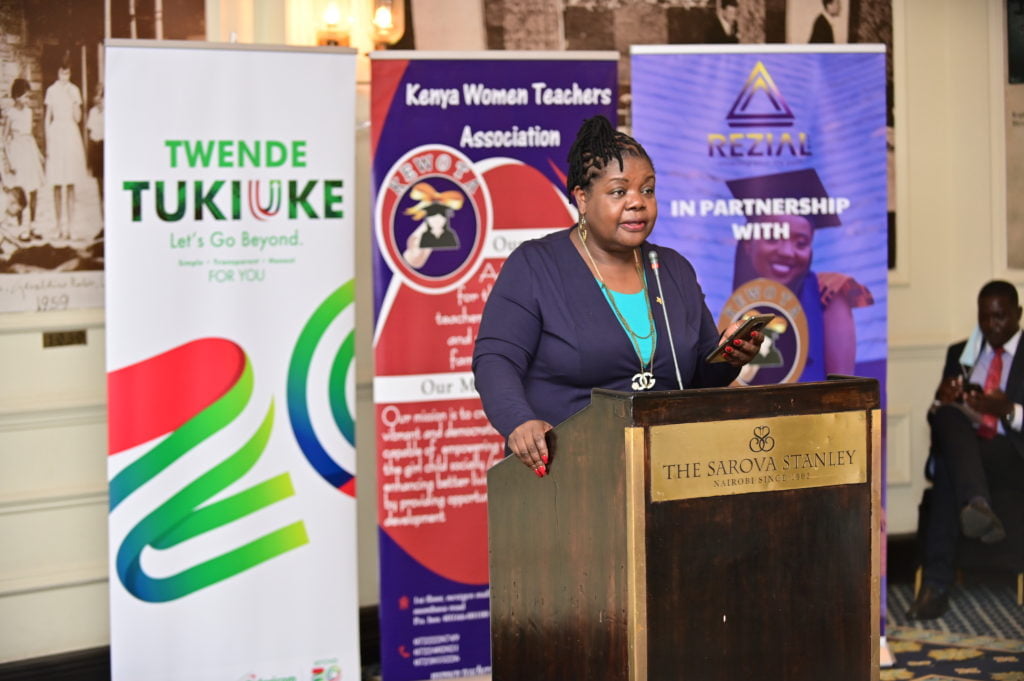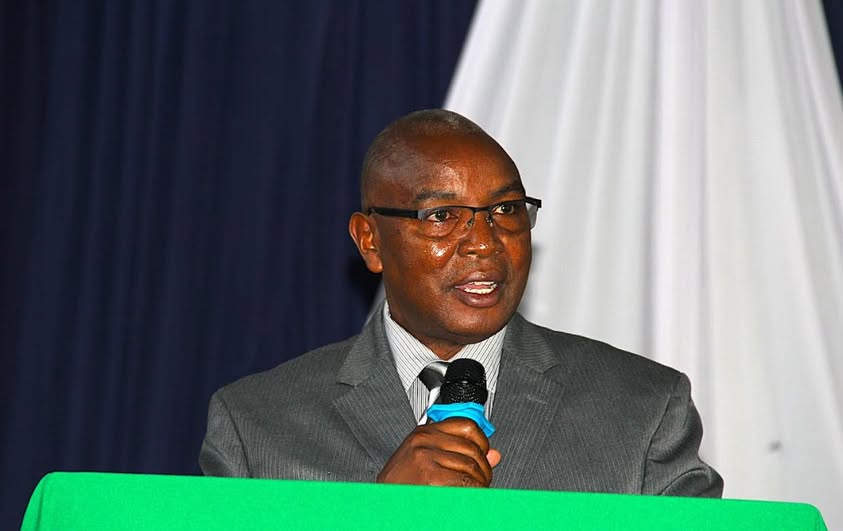By Hilton Mwabili
Students from wealthy families parading their lavish lifestyles have been slammed for fuelling school riots in second term.
Education stakeholders at the Coast believe that majority of strikes in schools are advanced by students from wealthy families who are exposed to lavish lifestyles and tend to find life in public school dormitories inappropriate.
“Most students who come from well-to-do families normally go to boarding schools as day schools are left mostly for those from poor family backgrounds. That’s a fact…those from rich families, are used to posh lifestyle, they eat chicken, pizza, and all yummy foods when they want,” outgoing Kilindini KNUT Executive Secretary Dan Oloo said.
The official said, lifestyle has changed vastly but life in public schools has remained the same decade in decade out.
Oloo said it is high time the Government came to the reality and rethink about lifestyles of boarding students.
Vice Chair of Shimo la Tewa Secondary School Board of Management ( Athman Sami Chivatsi also shares Oloo’s sentiments that schools need to modernise both in diet and infrastructure.
Chivatsi is of the view that the school’s appearance can shape school’s performance, the students behavior and even teachers attitude.
“When a school appears chaotic, then what you expect of students is indiscipline and chaos throughout…a school with neat appearance will ensure decent outcome by both teachers and students”, Chivatsi who is also the school’s alumnus noted.
A Mombasa based communication and public relations lecturer Daniel Mwaringa, who is also the chair of Board of Management at Ribe Boys High school in Kilifi County said the tendency by some principals to run schools as a one man show could be the crux of all problems in schools.
The lecturer said failure to involve all stakeholders in key decision-making in schools end up sparking conflicts that escalate to school unrests in the end.
“Once you involve all the important stakeholders including teachers, students, BOMs and parents, it is difficult to encounter strikes”, Mwaringa told Education News.
Education Principal Secretary Belio Kipsang pointed out a range of factors including internal and external factors as fountains of chaos in schools.
“You look at external factors like public paths passing near a school as some of the contributing factors. For instance, this road can be used by arsonists to access the school, parents are also a contributing factor for failing to manage their children well”, said Kipsang.
While noting that it is only a small fraction of rogue elements behind violent cases in school, the PS said the Government is not ready to seat and watch as dreams of majority of students who are keen to mould their future in schools shuttered by few “criminals” who are not ready to learn.
“We will not allow few rogue elements to destroy the future of this nation by sparking unnecessary unrests in schools. We have challenges with only 35 public schools out of over 9,000 schools in the country”, Kipsang said adding 125 students have so far be arrested in connection with unrests in schools.
While noting that the cases of unrests in school in the second term have continued to reduce since 2015-2016 the PS said 99 per cent of the schools in the country are so far doing well.
He attributed the above to the ongoing implementation of the Kilemi Mwiria report on solutions to school unrests which he said is at 65 per cent.
“In 2015-2016 over 460 cases were reported in term two, last year we had 90 cases and this year they are around 35, this shows we are doing well,” said the PS.






